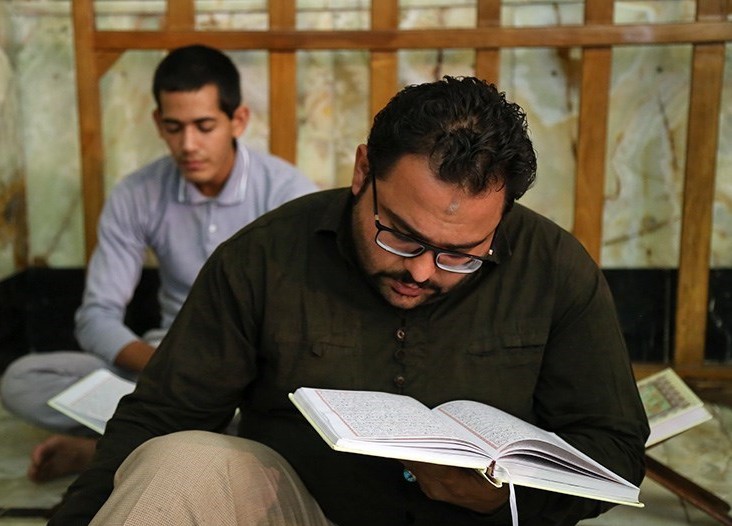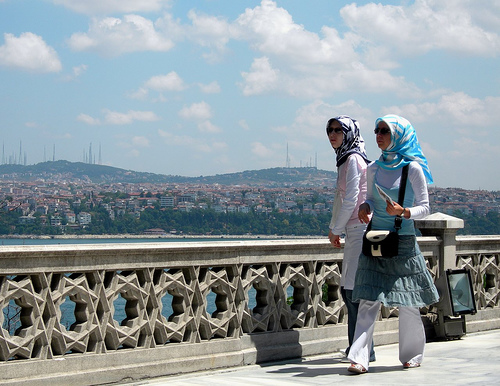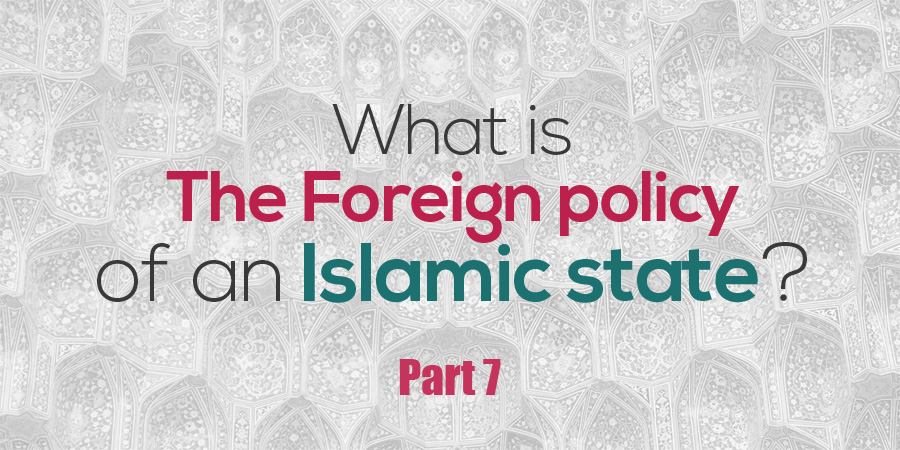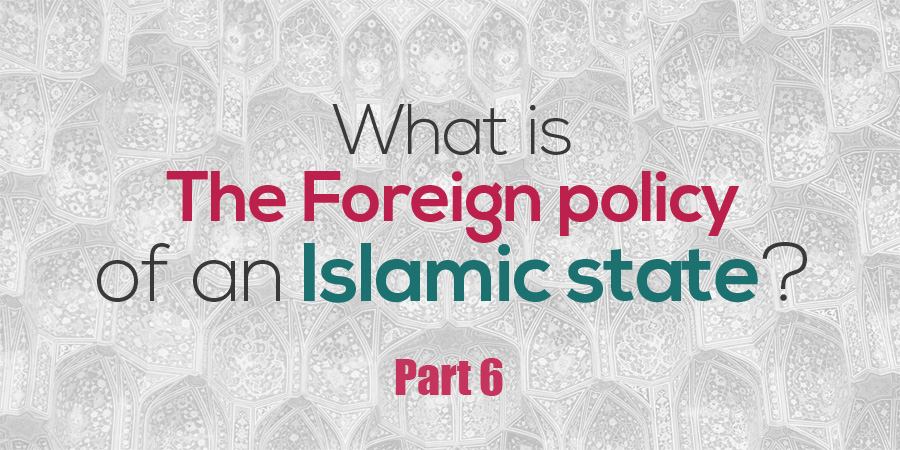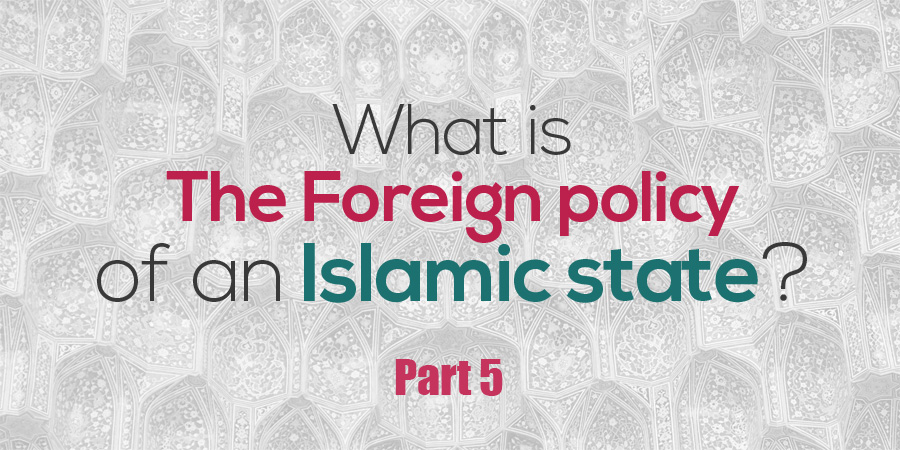What Are the Reasons of Economic Injustice? (2)
 Identifying human faults as an internal cause of the economic injustice, Islam turns its attention to specify the external factors, which constitute the chief reasons behind exacerbating the problem. Islam attributes the economic injustice to two factors:
Identifying human faults as an internal cause of the economic injustice, Islam turns its attention to specify the external factors, which constitute the chief reasons behind exacerbating the problem. Islam attributes the economic injustice to two factors:
- The Human Factor. The subjective one and root cause as already has been explained.
- External Factors. The objective ones.
These factors can be deduced, by concerned researchers of Islamic economics, from the sources of legislation, morals, and concepts that deal with the social and economic aspects of man’s life. Briefly they can be summed as:
- Inadequate production.
- Ill-distribution.
- Ill-consumption.
To present a clearer picture of the Islamic view of the economic injustice, it is necessary to consider all these causes separately.
Inadequate Production
The main cause of poverty as well as being a principle factor behind the economic problem, under whose burden man is still suffering, is the decline in production in the view of Islam. That is why Islam has focused attention on it and blamed two main factors for it:
- Unemployment and disusing of human resources:
Islam looks upon work as a holy and esteemed asset. It puts it on the same footing with jihad and worship. The Prophet (s.a.w.w.) is reported to have said:
“Worship is of seven parts the best of which is seeking halal (lawful) provision.” 1
Islamic traditions and texts dealing with the importance of work are bountiful. They have one aspect in common urging man to work, mobilizing human beings to raise their production capabilities and fighting sloth and unemployment as the prime reasons of poverty and materialistic and social decline.
Of the traditions reported in regard to this point is one quoted from Imam Ali (a.s.):
“When things coupled, sloth and helplessness got together and engendered poverty.”
Imam al-Ridha (a.s.) quote his father Imam Musa al-Kadhim (a.s.), on the same subject that he said to one of his sons on his death-bed:
“Beware of laziness and boredom, for they prevent you from your share of this world and in the Hereafter.” 2
- Ignorance and lack of experience about methods of productions, including the under-utilization of natural resources and man’s creative powers. These factors play a critical and undeniable role in the decline of production and spread of need and destitution. Islam, for such consideration, urges Muslims to seek knowledge, make use of natural resources and gain knowledge about work and management. The Prophet (s.a.w.w.) is quoted to have said:
“Allah surely loves the trustworthy professional.”
Islam works towards mobilizing man bodily, psychologically and intellectually, employing his technical and scientific abilities for the sake of production, adequate supplies of needed commodities, and creating wealth. The Prophet (s.a.w.w.) reproached whoever has no interest in increasing his wealth through halal (lawful) work and expanding his ability to spend and meet his needs and the needs of his dependents.
In the words of the Holy Prophet (s.a.w.w.):
“There is no good in whoever who does not like earning his living from halal work to satisfy his needs, pays his debts, and strengthen his ties of kinship”.
This Prophetic tradition emphasizes the necessity of man striving to earn his own way; that his earnings should outweigh his expenses. The Prophet (s.a.w.w.) laid stress on this point: “relation to the good of his family and the community as a whole”.
Islam’s plan is simple and precise, directing man’s energies into productive employment as a moral responsibility and a legal duty that fits into building a healthy Muslim society, where there is no unmet wanting. Islam’s plan is simple and precise, directing man’s energies into productive employment as a moral responsibility and a legal duty that fits into building a healthy Muslim society, where there is no unmet wanting.
Source: Economic Distribution in Islam. Presented by: Al-Balagh Foundation
References:
- Al-Harani, Tuhaf al-Uqul an Aal al-Rasul, Mawa’id al-Nabi (Treasures of Minds about the Household of the Messenger of Allah Exhortations of the Prophet).,
- Al-Kulaini, al-Kafi, vol. 5, p.67.




